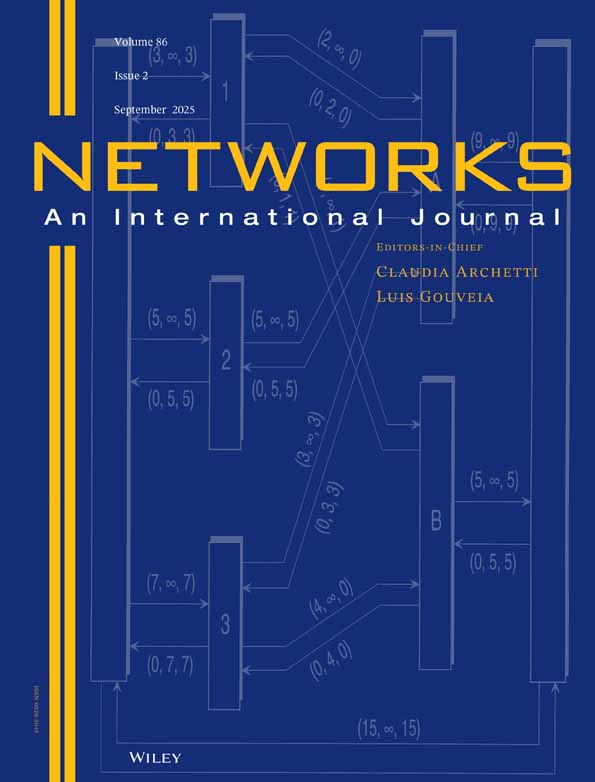Implementation and computational comparisons of primal, dual and primal-dual computer codes for minimum cost network flow problems
Abstract
This paper presents extensive computational experience with a special purpose primal simplex algorithm. The performance is compared to that of several “state of the art” out-of-kilter computer codes. The computational characteristics of several different primal feasible start procedures and pivot selection strategies are also examined.
The study discloses the advantages, in both computation time and memory requirements, of the primal approach over the out-of-kilter method. The test environment has the following distinguishing properties: (1) all of the codes are tested on the same machine and the same problems, (2) the test set includes capacitated and uncapacitated transhipment networks, transportation problems, and assignment problems, and (3) problem sizes ranging from 200 to 8,000 nodes with up to 35,000 arcs are examined.




